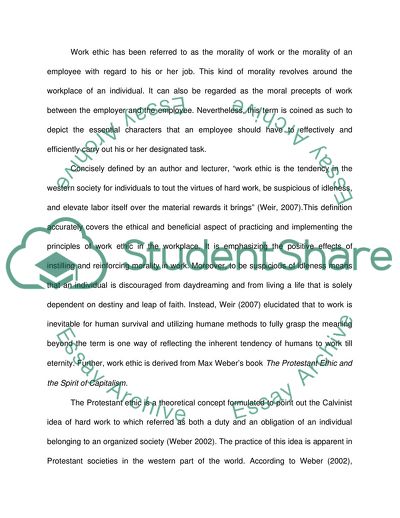Cite this document
(Changes in the United Kingdoms Work Ethic in Todays Society Term Paper, n.d.)
Changes in the United Kingdoms Work Ethic in Todays Society Term Paper. Retrieved from https://studentshare.org/social-science/1730124-employment-and-society-assignment
Changes in the United Kingdoms Work Ethic in Todays Society Term Paper. Retrieved from https://studentshare.org/social-science/1730124-employment-and-society-assignment
(Changes in the United Kingdoms Work Ethic in Todays Society Term Paper)
Changes in the United Kingdoms Work Ethic in Todays Society Term Paper. https://studentshare.org/social-science/1730124-employment-and-society-assignment.
Changes in the United Kingdoms Work Ethic in Todays Society Term Paper. https://studentshare.org/social-science/1730124-employment-and-society-assignment.
“Changes in the United Kingdoms Work Ethic in Todays Society Term Paper”. https://studentshare.org/social-science/1730124-employment-and-society-assignment.


